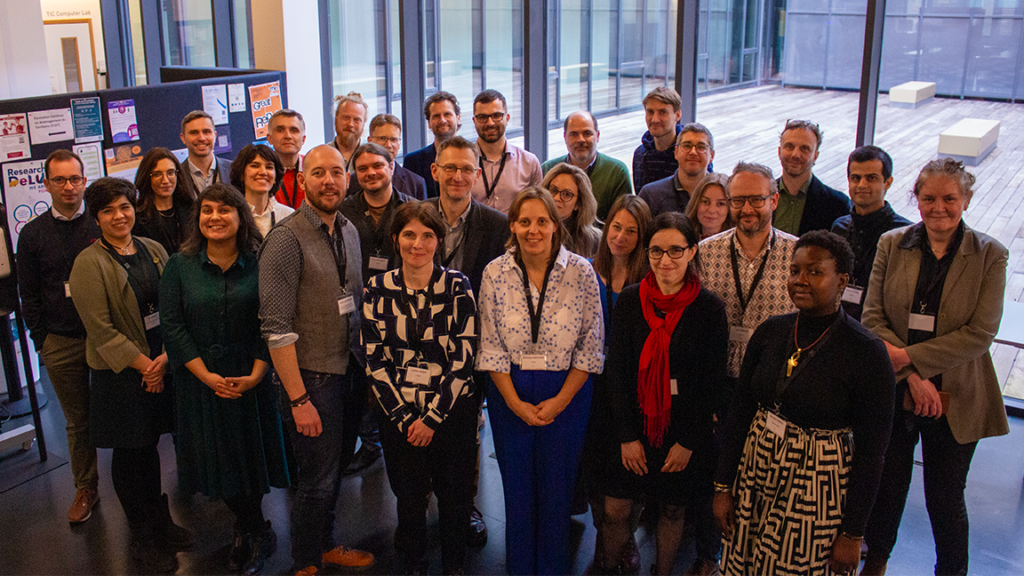WinWin4WorkLife Project Launches to Explore and Enhance Remote Work Impacts Across Europe
From February 2024, the WinWin4WorkLife project has begun, aimed at understanding and addressing the impacts of remote work arrangements across Europe – including in cross-border regions. At the heart of the WinWin4WorkLife project is a mission to enrich interdisciplinary understanding of the social, economic and spatial impacts of RWA.
ITEM is a partner of the consortium, which is led by LISER, and will contribute its specific knowledge regarding policy and regulation and the implications for hybrid working in border regions, and thus perpetuate work on better embedded hybrid working in cross-border regions.
Previous ITEM research
After COVID-19, hybrid working proved to be here to stay. More than half of the Dutch work from home occasionally, CBS recently announced. Neighbouring countries within the Benelux also have relatively high levels of hybrid working. Although hybrid working is therefore becoming ‘normal’, it is not yet so obvious for cross-border workers in a legal sense. The ITEM Cross-border Impact Assessment 2021 examined the tax and social security implications for cross-border workers and their employers. Working from home by cross-border workers can be complex, non-transparent and costly for both employee and employer.
Following the study, ITEM is making efforts to improve regulations that make working from home more natural for cross-border workers. For instance, ITEM organised a roundtable with employers, ministries and MPs in the Netherlands, which showed the importance of better facilitating cross-border (home)work for the Euroregional labour market and economy. The discussion was also initiated at the Benelux Union and European level by ITEM, in the form of a joint workshop, with the European Framework Agreement, which now facilitates hybrid working up to 50% for cross-border workers, as a success to celebrate.



